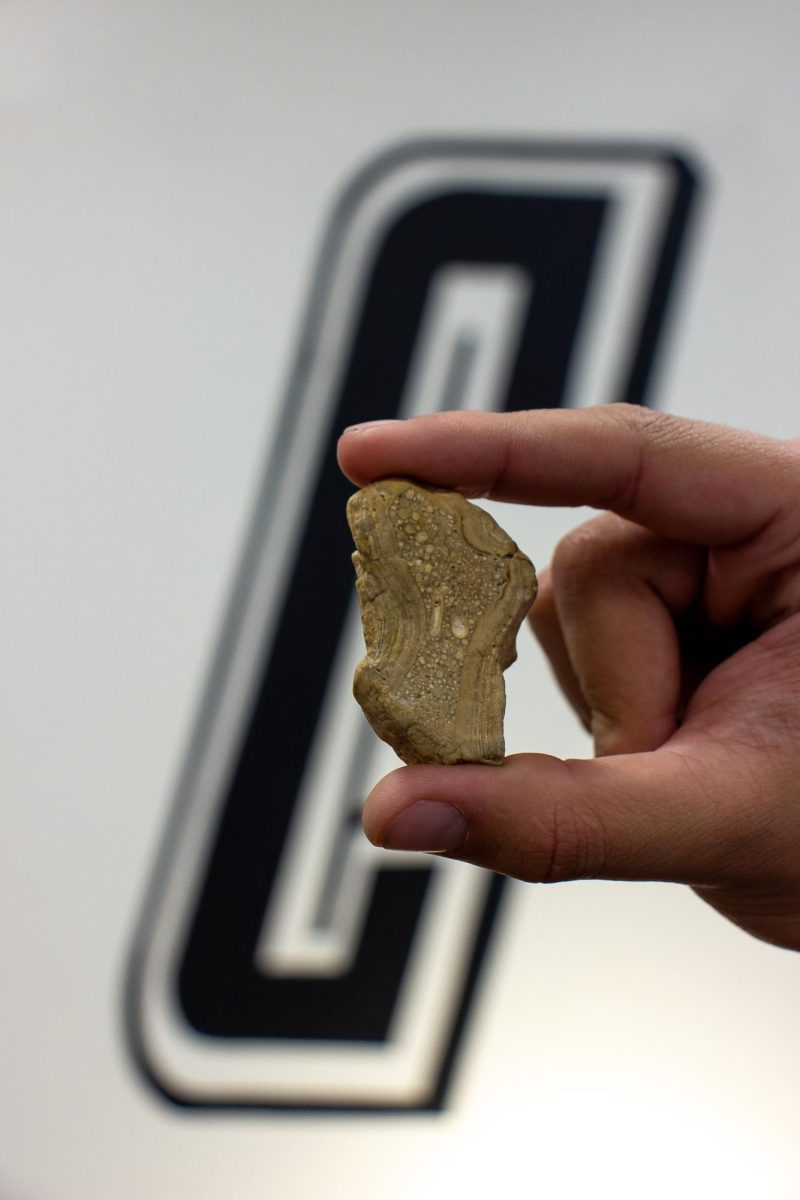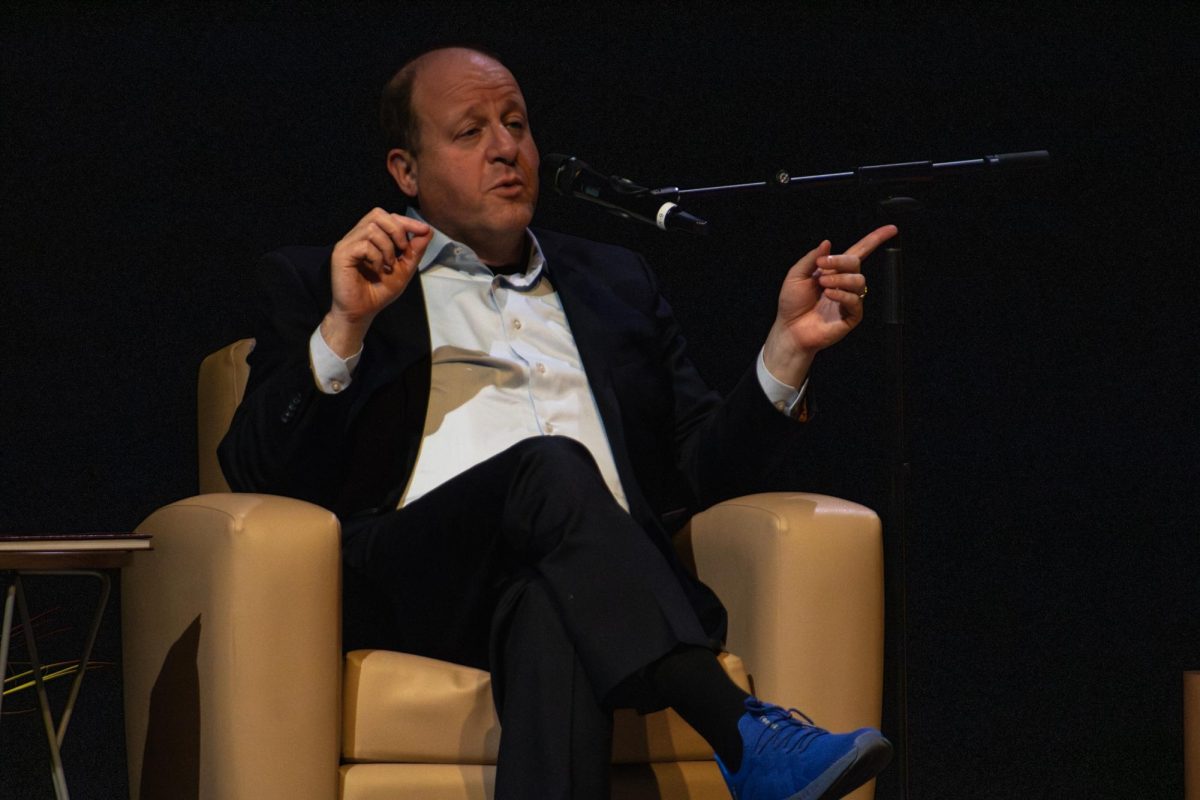by Alec Williams
Editor’s note: As this story required an investigation, much of the information we presented here from our sources was not the full picture. It was not until our final story on the matter that we had the most accurate representation of the story. Read that story for an accurate depiction.
CMU administration has released an email that was previously thought to be deleted concerning a classroom visit by a woman who advocated for Hillary Clinton and attempted to recruit students to canvass for their organization.
“With just a few weeks left until the election, we’re hiring full or part time field staff to help elect Hillary Clinton as our next President and keep Donald Trump out of the White House,” Nikki Caravelli, the campaign director for Work for Progress, wrote in the email.
The email was received by CMU business professor Stanton Heister, who invited her to speak in his “International Business” class on “leadership positions” available to students for Work for Progress. Heister told the Criterion on Oct. 10 that he did not “remember anything in that email stating their affiliation with one party over another,” and said that the email was deleted.
Heister and the head of the business department, Steven Norman, declined requests for the email to be released and declined to comment. The email was released to the Criterion by the CMU administration who are “looking into” the situation.
“From [the Criterion’s] story, I had another student or students who reached out to me and said it was not in just one class, it was in more than one class,” CMU President Tim Foster said. “At that point then it becomes a little more serious.”
These student(s) are describing unconfirmed reports that Heister had been biased towards a candidate on more than one occasion.
The classroom visit was believed to only be an ethical dilemma, but the now-public email and student accounts question if this is a legal issue. Colorado’s Fair Campaign Practices Act outlines that state employees, such as CMU professors, are not allowed to advocate for or against a candidate on state time.
“These restrictions are complex, but in summary using state resources to advocate for a political candidate or issue is simply prohibited,” Foster wrote in the email sent to all CMU staff in June.
Heister’s email has also revealed the previously unknown identity of the woman and her organization. Work for Progress is a non-profit organization that specializes in recruiting college students to canvass for or against a particular issue.
Caravelli, who is no longer employed with Work for Progress, declined to comment or release her correspondence with Heister. A representative from Work for Progress also declined to comment on the issue.
“What we do when we have those sorts of complaints is we have our former HR director does follow-up fact collecting, and then she’ll make a recommendation about one: what she finds and then what she recommends should happen,” Foster said. “So, that’s where we are at this point.”
Former lawyer and human resources director for CMU Barbara Case-King will be collecting information from students in Heister’s classes to determine what the response to the situation should be.
For further information, read the Criterion’s original story on this issue: at https://thecrite.com/index.php/2016/10/21/ethical-questions-raised-after-clinton-campaign-visits-class/








